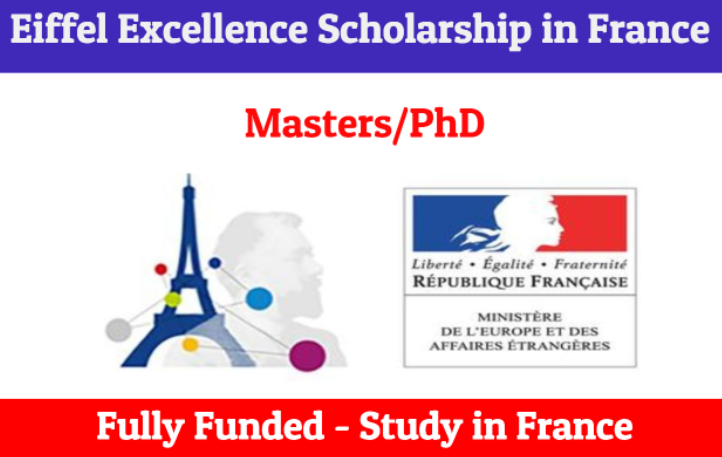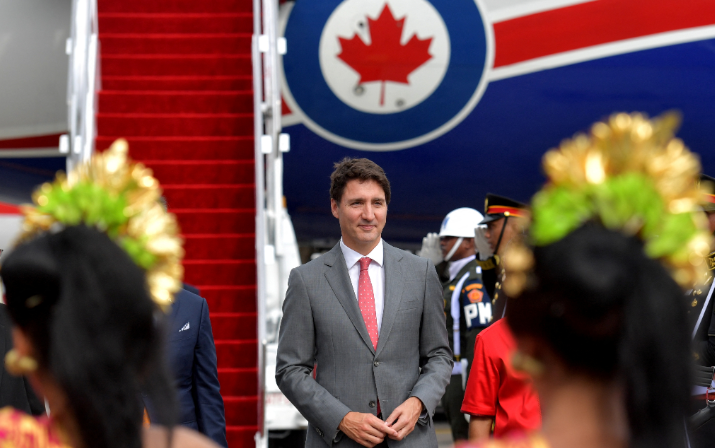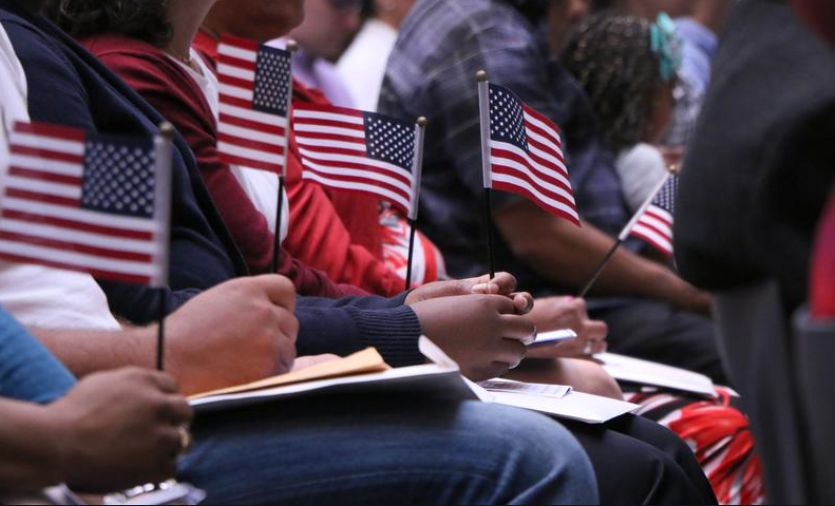$15,873 Eiffel Scholarship for International Students in France
France, with its rich cultural heritage and world-renowned universities, beckons ambitious students worldwide. But the cost of studying abroad can be a major hurdle. Enter the Eiffel Scholarship for International Students in France, a game-changer that can transform your dream of a French education into a reality. This prestigious scholarship, offering support that can reach up to … Read more









